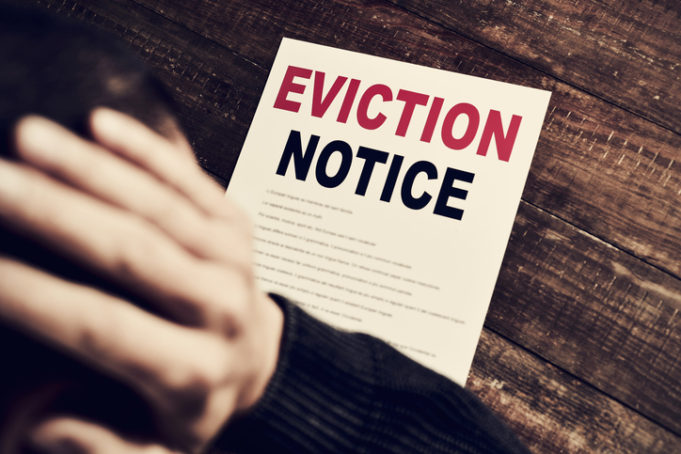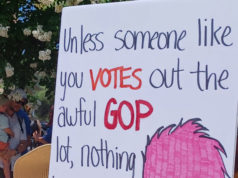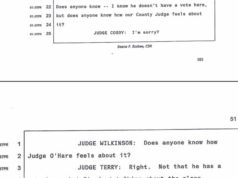Despite the continuing coronavirus pandemic and the havoc it has wreaked on the Texas economy, the Texas Supreme Court recently ordered that tenant eviction proceedings could resume on Monday. The moratorium on most rental evictions was ordered by the court following Gov. Greg Abbott’s declaration of a state of disaster on April 13.
That is bad news in a state with a huge property rental population — which includes homes, apartments, RVs, and mobile homes. According to the Texas Workforce Commission, which handles unemployment benefits, more than 2 million Texans have applied for unemployment insurance since Feb 22, when the pandemic first began to affect businesses. Many of the filers have not begun receiving their checks yet because it takes several weeks for the funds to begin flowing. It’s not out of the question that between 600,000 and 850,000 have yet to see a dime as they’ve filed only in the last few weeks.
Many of those people just became subject to eviction. Not all of them, of course, explained Matthew Haddock, a real estate lawyer in Fort Worth.
“People in properties covered by the federal CARES Act” — the Coronavirus Aid, Relief, and Economic Security Act that provided those $1,200 checks to a lot of us — “which had its own moratorium on certain types of rentals
, cannot be evicted,” Haddock said.
Those include Section 8 housing, housing covered by the Violence Against Women Act, housing backed by federal mortgage loans, and some others, “but a lot of people will fall through the cracks,” Haddock said.
Falling through the cracks here doesn’t mean a bumpy fall off a high horse. It means winding up on the street during the worst economic period in nearly 100 years.
And even the protected housing — most of it — will probably become unprotected in the next 60 days or so unless the federal moratorium is extended.
Landlords of the majority of those properties are similarly suffering. Nearly half of the 43 million rental units in the United States are owned by small businesses, according to the U.S. Census Bureau, and if they cannot collect rent, the banks will be coming after those buildings.
“Many landlords aren’t any better off than their tenants,” small-time landlord Jan Lee told Bloomberg Businessweek. Lee manages two buildings in New York’s Chinatown that his family has owned for nearly a century.
At the same time that renters and many small landlords are justifiably terrified of losing their homes, homeowners with mortgages feel similarly frightened. Many banks, including some of the largest mortgage lenders in the country, provided a voluntary and temporary moratorium on home foreclosures for lack of payment ranging from 30 to 120 days. Some of those are already expired, and the remainder will expire in the next month or two. And when those moratoriums expire, those two, three, or four months of mortgage payments will come due, all at the same time.
Brooklyn comic Vic DiBitetto nailed it. Sitting in his car, screaming into his cellphone camera in his viral video, he says, “Dear government, we understand that the virus is not your fault. It happened. It is what it is … but here’s where I have a problem. You told us to shut down nonessential businesses. You told us to go home and quarantine … . But you told us you would help, so where is the help?”
DiBitetto appreciated the $1,200 check, he said, but he noted that it was our tax money to begin with and that it might cover one month’s mortgage but certainly not the remainder of the bills for a month.
“You want to help?” he says. “Here’s an idea. Tell all banks and mortgage companies to stop all mortgage payments at this time. Just stop them, and don’t give me that three-month furlough bullshit. … Someone who lost their job … doesn’t pay mortgage for three months, and in the fourth month, they not only have to pay that month but the three months that were due. … Someone was just unemployed and not earning money for three months. They weren’t earning money. Hello?”
DiBitetto’s anger is well placed. The prospect of seeing your house or apartment evaporate through no fault of your own is enough to make anyone angry. So is the Texas Supreme Court’s order to begin evictions again.












